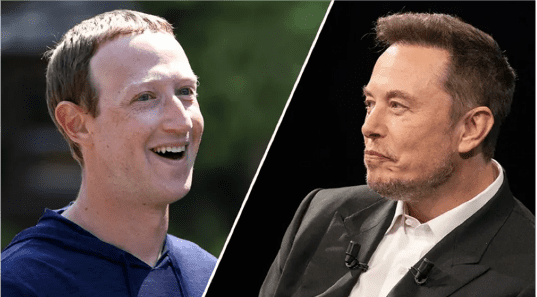
A children's hospital in the Ukrainian capital was hit by a Russian missile on Monday as part of a wave of airstrikes across Ukraine that has killed at least 31 people and injured 154 others.
"Russian terrorists have once again launched a massive missile attack on Ukrainian cities - Kiev, Dnipro, Kryvyi Rih, Slaviansk, Kramatorsk," said Ukrainian President Volodymyr Zelenskyy.
Zelensky said Russia fired more than 40 missiles of different types at the five cities in daytime attacks, hitting residential buildings and public infrastructure. The Ukrainian air force said it intercepted 30 missiles.
Authorities said the attack on Kiev killed seven people, while the attack on Kryvyi Rih, Zelensky's birthplace in central Ukraine, killed 10 and injured 47.
United Nations Secretary-General António Guterres condemned the attacks, calling the assault on the Kiev hospital and another medical facility in the capital's Dniprovsky district "particularly egregious," said his spokesman, Stephane Dujarric.
"Direct attacks on civilians and civilian objects are prohibited under international humanitarian law. Any such attacks are unacceptable and must cease immediately," Dujarric said.
The U.N. Security Council will meet Tuesday to discuss the Russian strikes, diplomats said.
The Russian Defense Ministry said the strikes targeted Ukrainian defense factories and a military aviation base and were successful. It denied striking any civilian facilities and claimed, without evidence, that photos from Kiev showed the damage was caused by a Ukrainian anti-aircraft missile.
Ukrainian Air Force Colonel Yurii Ignat said Russia has been improving the effectiveness of its air strikes by equipping its missiles with enhanced features, including so-called heat decoys that can throw air defense systems off target.
In comments sent to The Associated Press, he said the cruise missiles flew low in Monday's attack -- just 50 meters off the ground -- making them harder to hit.
Western countries, led by the United States, have provided Ukraine with billions of dollars in arms support. They will hold a three-day NATO summit in Washington starting Tuesday to work out how to reassure Kiev of NATO's strong support and give Ukrainians hope that their country can survive the largest conflict in Europe since World War II.
"Today's Russian missile strike that killed dozens of Ukrainian civilians and caused damage and loss of life to Kyiv's largest children's hospital is a horrifying reminder of Russia's brutality," U.S. President Joe Biden said in a statement Monday. "It is critical that the world continues to stand with Ukraine at this important moment and that we do not ignore Russian aggression." Biden said in the statement that he will meet with President Zelensky during the NATO summit in Washington this week "to make clear our unwavering support for Ukraine." Biden continued: "We will join our allies in announcing new measures to strengthen Ukraine's air defenses and help protect their cities and civilians from Russian attacks. The United States stands with the Ukrainian people." Czech President Petr Pavel said the hospital attack was "inexcusable" and he hoped the NATO summit would reach a consensus that Russia is "the greatest threat and we must be fully prepared to deal with it." Zelensky said during a visit to Poland that he hoped the NATO summit would provide Ukraine with more air defense systems. The Ukrainian leader said rescuers were digging through the rubble of the Ohmatdit Children's Hospital in Kyiv and that the number of casualties was not yet known. Kyiv Mayor Vitali Klitschko said at least 16 people were injured, including seven children, and the attack caused a two-story wing of the hospital to partially collapse.
Doors and windows were blown off the hospital's 10-story main building, and the walls were charred. The floor of one room was splattered with blood. Hospital officials said the intensive care unit, operating room and oncology department were damaged.



